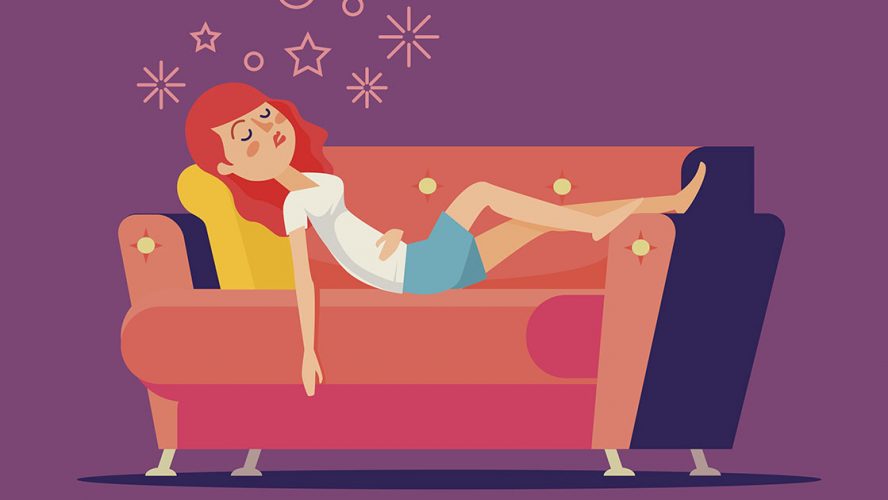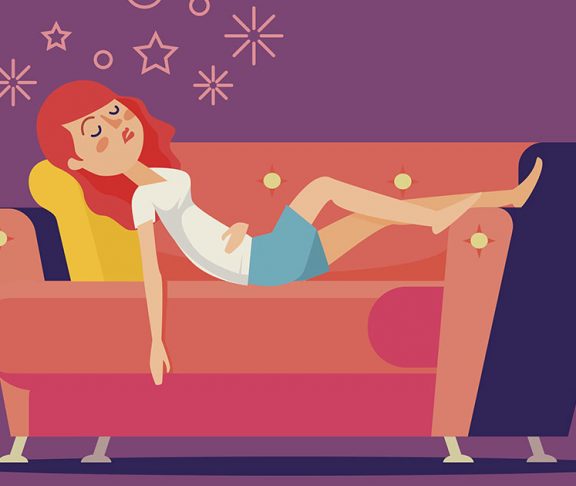Fretting over a work project. Binge-watching TV. Cramming for a test. Celebrating with friends. Reading just one more chapter of a great book. Plenty of things can keep us awake into the early morning hours.
The results? We go to work foggy and do less than our best. Maybe we nod off after lunch. Maybe, as the sleep deficit accumulates, we become chronically ill. You can see how worries of worker sleep habits should have employers tossing and turning. According to the National Sleep Foundation, being awake for 18 hours is equal to a blood alcohol concentration of 0.08 percent, which is legally drunk (which is frowned upon in most workplaces).
A widespread issue
In “Mental Health and Substance Abuse Benefits: 2016 Survey Results,” the International Foundation of Employee Benefit Plans found that nearly 40 percent of respondents believe sleep deprivation in their organizations is “very prevalent” (3.5 percent), “prevalent” (11.6 percent) or “somewhat prevalent” (24.1 percent), with 45.1 percent of respondents uncertain of the prevalence.
This prevalence, paired with links between insufficient sleep and diseases such as obesity, diabetes and even cancer and Alzheimer’s disease (according to Eve Van Cauter, Ph.D., Director of the Sleep, Metabolism and Health Center at the University of Chicago), is building a case for sleep management as a workplace wellness offering. The overall health and well-being of workers is taking shape as a more prominent focus for employers ahead of reducing health-related costs. Sleep management programs allow workplaces to support the mental and physical health of employees, leading to increases in productivity and decreases in absenteeism.
According to “Employee Benefits Survey 2016” from the International Foundation, nap rooms are on the rise with five percent of organizations providing the benefit, compared with less than two percent in 2014. Some employers are even offering sleep coaching and consultations with sleep medical professionals to uncover sleep disorders.
Are employees at your organization getting enough sleep? It’s a question to keep you up at night…

